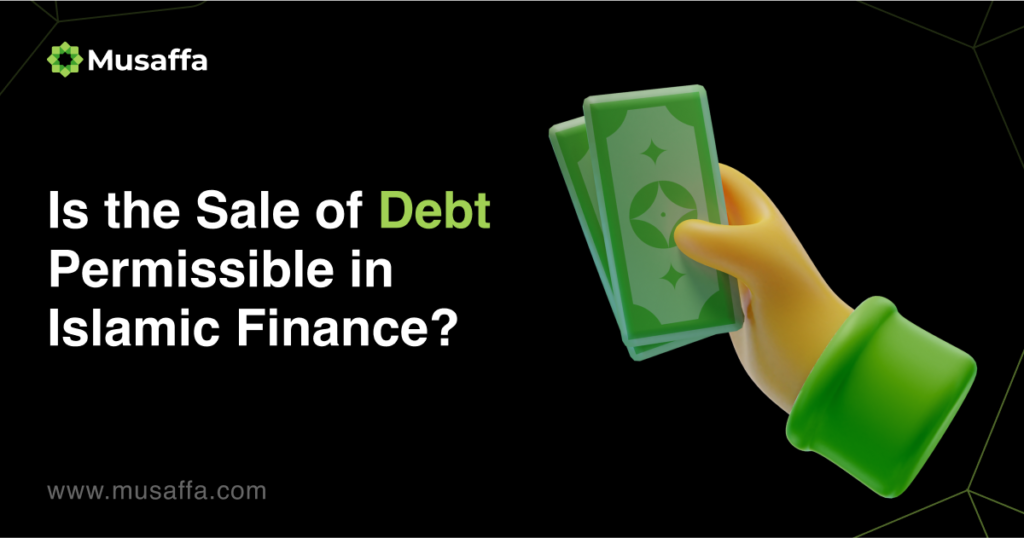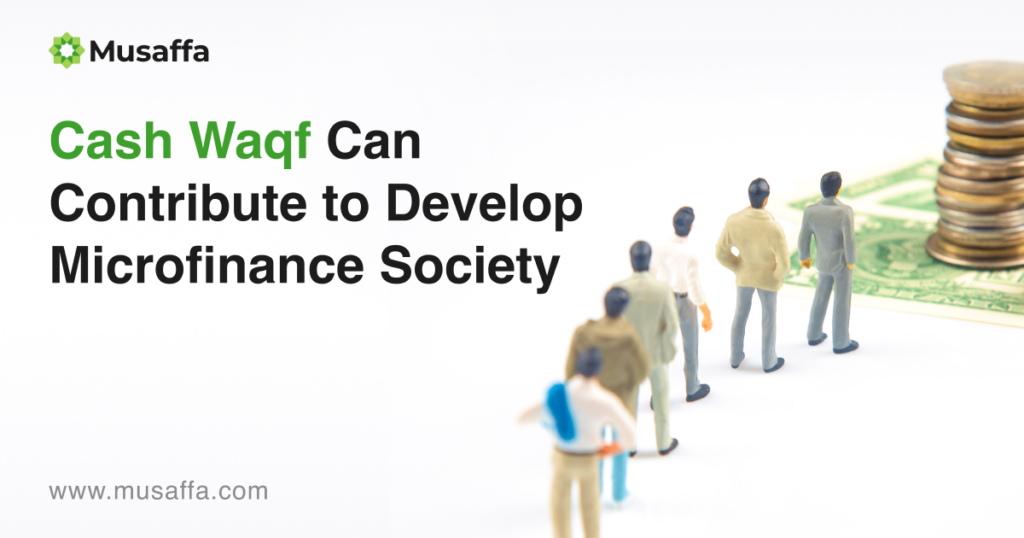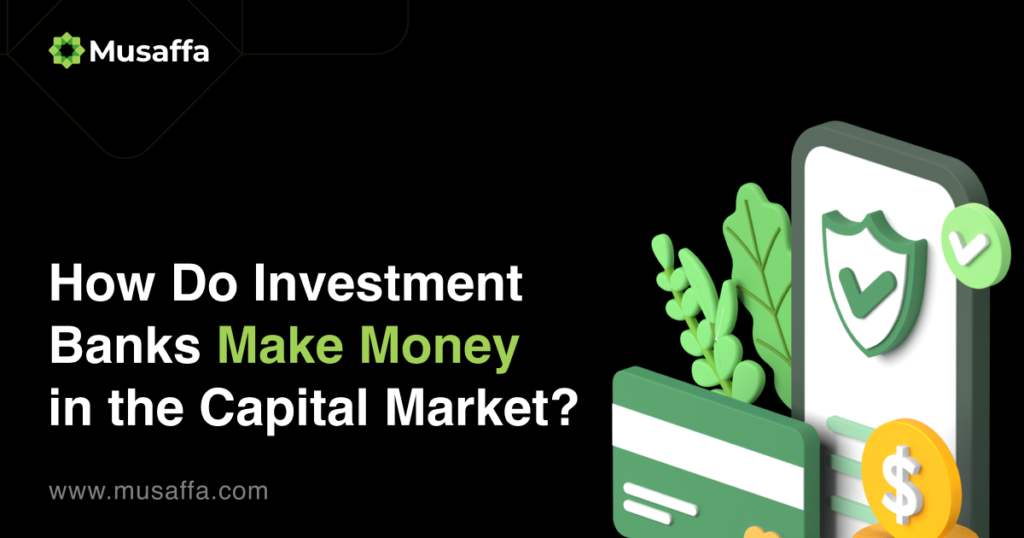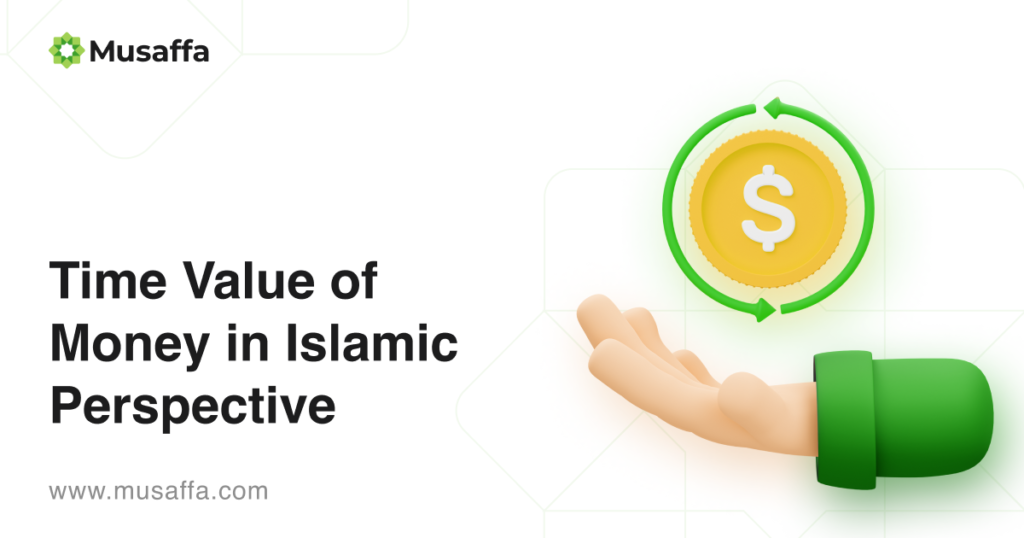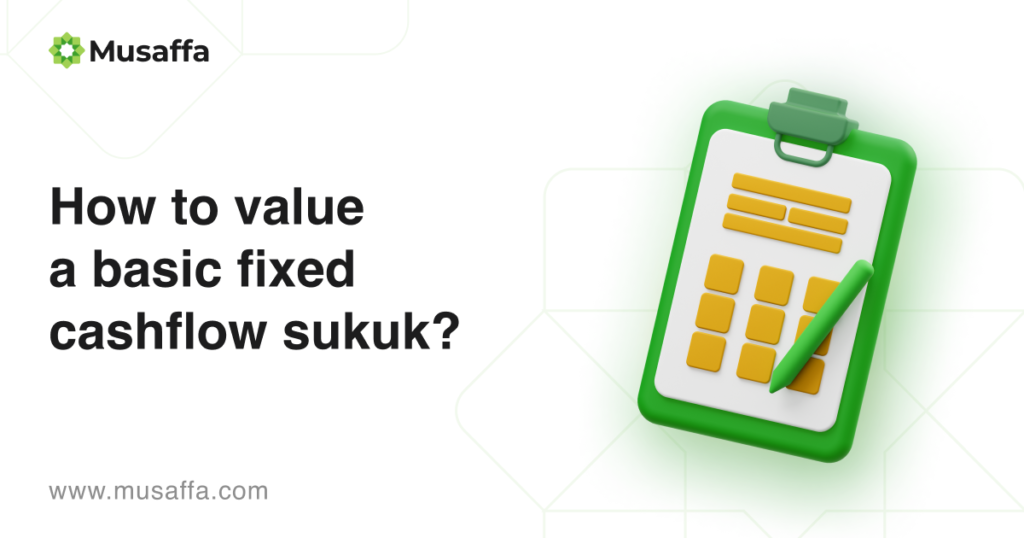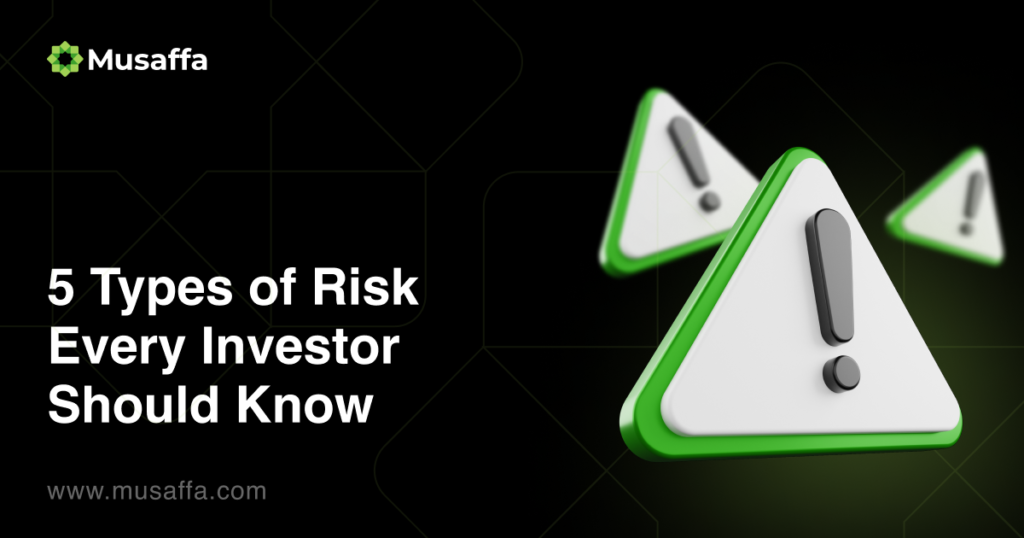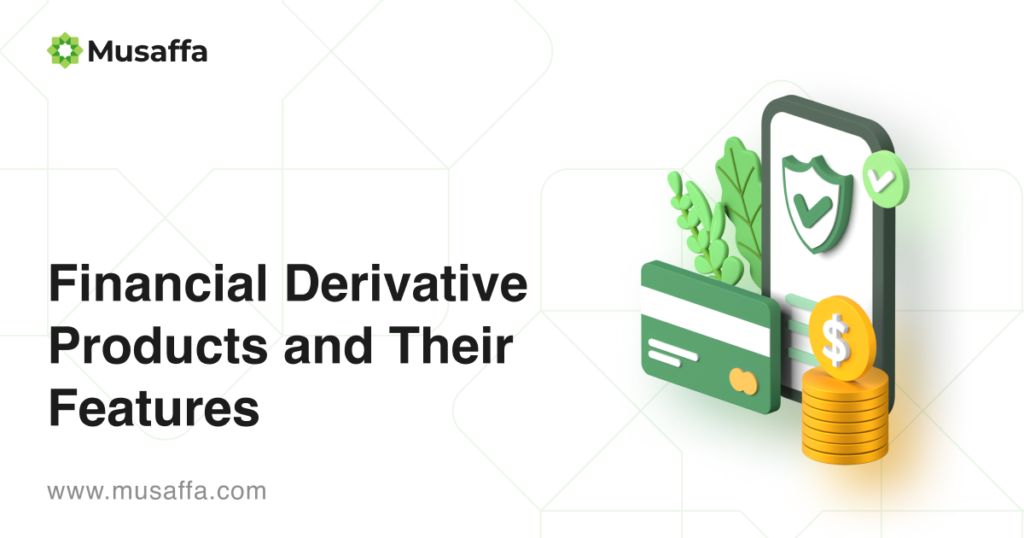Is the Sale of Debt Permissible in Islamic Finance?
One example of the sale of debt is selling receivables to another party, but, is it permissible in Islamic finance? Such a transaction likely occurs when the receivable holder needs liquidity while it is not yet due. The trading of Negotiable Islamic Certificate of Deposit (NICD) in Malaysia is another example of the sale of …
Is the Sale of Debt Permissible in Islamic Finance? Read More »
